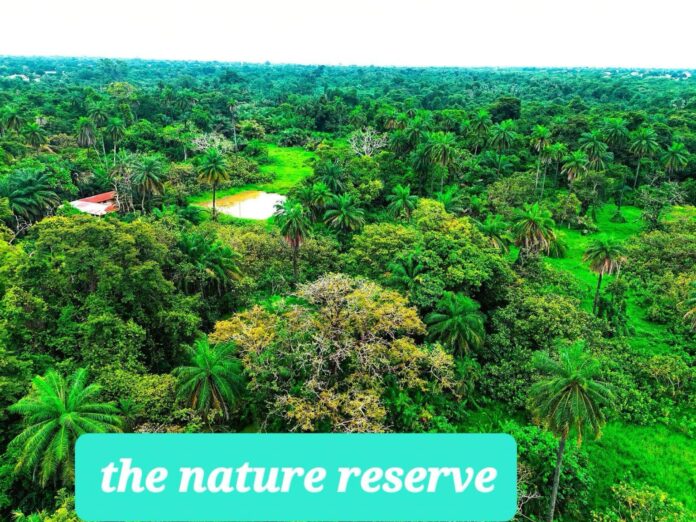By Aja Beyai
On International Forest Day 2025, the Gambia Environmental Alliance (GEA) issued an urgent call to action to safeguard The Gambia’s dwindling forests, spotlighting the escalating threats of deforestation, encroachment, and unsustainable development. The organization singled out critical ecosystems such as Abuko Nature Reserve, Sukuta Salagi Forest, Manduar Community Forest, and Nyanibereh Forest, warning that their survival hangs in the balance amid pressures that could irreversibly damage their ecological and societal value.
The Abuko Nature Reserve, a biodiversity haven for over five decades, faces a dire threat from proposed infrastructure projects that would de-reserve parts of the forest. GEA cautioned that such moves could devastate this vital sanctuary, which is home to numerous species and a key player in climate change mitigation. Meanwhile, Sukuta Salagi and Nyanibereh Forests grapple with rapid urbanization and illegal activities, eroding their roles in climate resilience and community sustenance.
In a strongly worded statement, GEA denounced these developments as breaches of The Gambia’s obligations under international accords like the Convention on Biological Diversity (CBD) and the Ramsar Convention on Wetlands. “These forests are not just resources to exploit—they are lifelines for today and tomorrow,” the organization declared, noting that their loss would intensify flooding, disrupt biodiversity, and strip communities of essential resources like non-timber forest products.
Since its inception in 2021, GEA has positioned itself as the leading voice for environmental advocacy in The Gambia, partnering with communities, government bodies, and global allies to champion sustainable forest management. Through tree planting drives, educational outreach, and grassroots efforts, the alliance has worked to rehabilitate degraded lands and empower locals to protect their natural heritage.
GEA vowed unwavering resolve: “We will not relent. Our forests are not commodities for short-term gains; they are legacies that define us as a nation.” The group pressed the government to abandon any plans endangering protected areas and instead prioritize their restoration and sustainable stewardship.
As the fight intensifies, GEA rallied all Gambians to join the cause, emphasizing collective action to preserve ecosystems like Abuko, Sukuta Salagi, and Nyanibereh. “Together, we can ensure these forests remain vibrant—supporting biodiversity, battling climate change, and sustaining livelihoods for generations,” the statement notes. With International Forest Day as a backdrop, GEA’s plea underscores the urgent need to act before The Gambia’s green heritage is lost forever.




